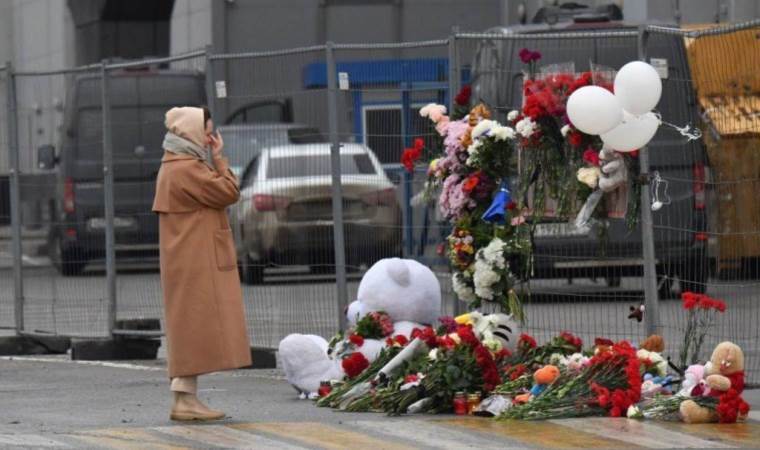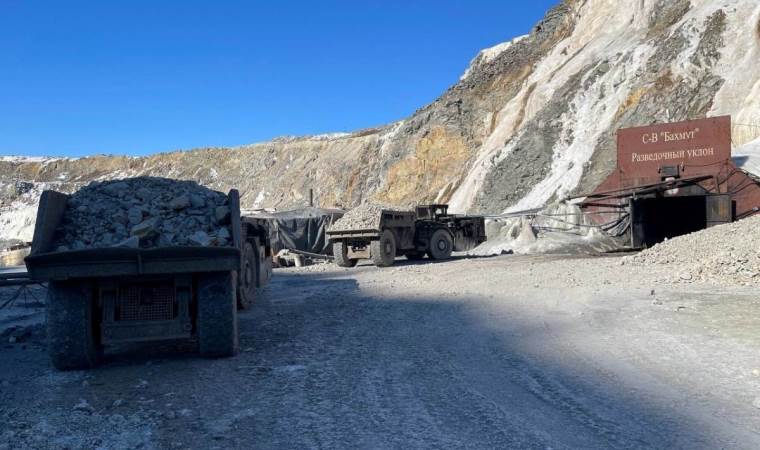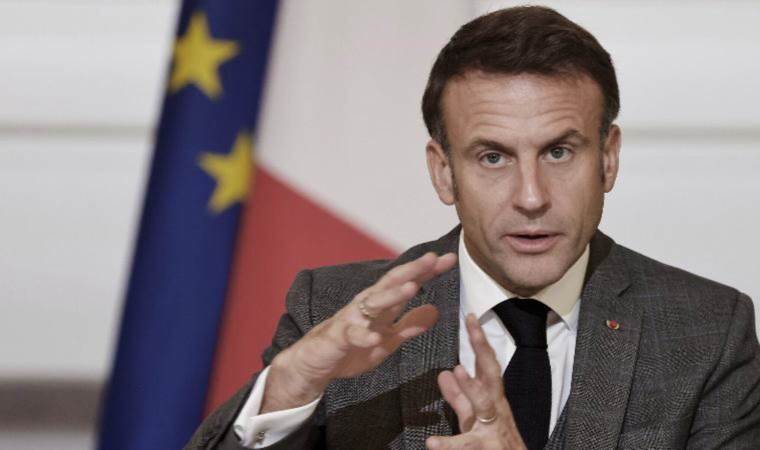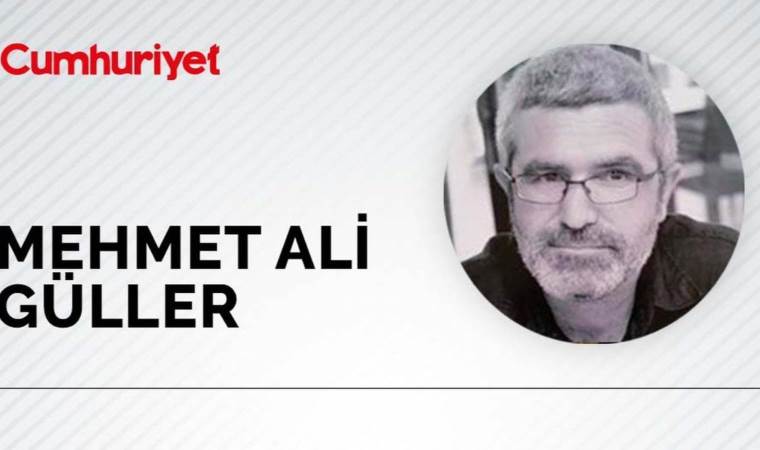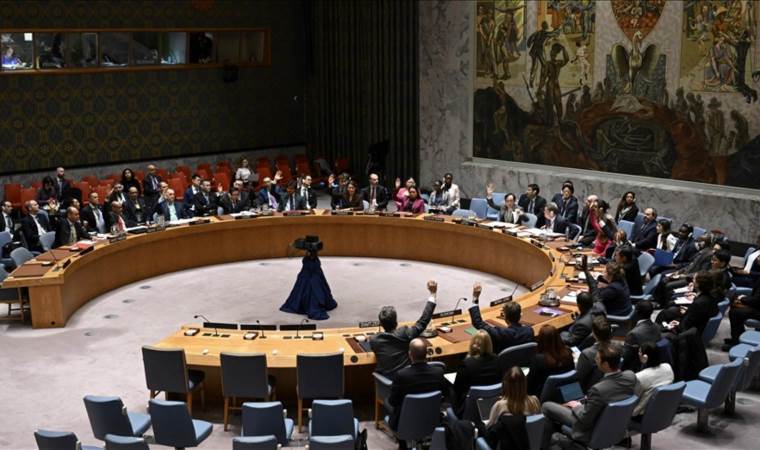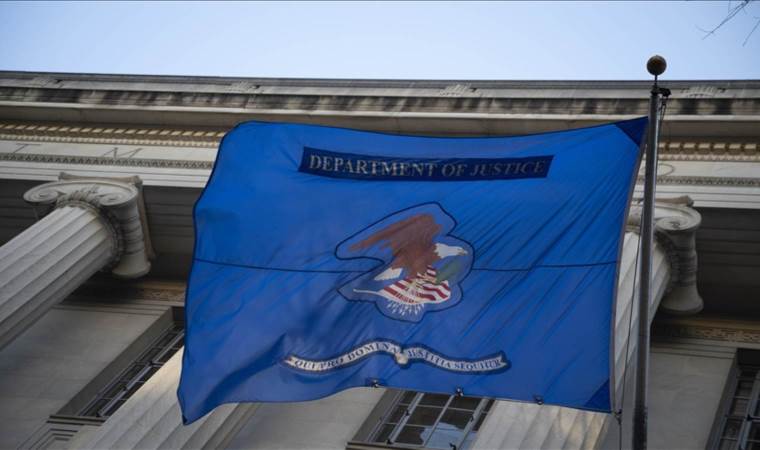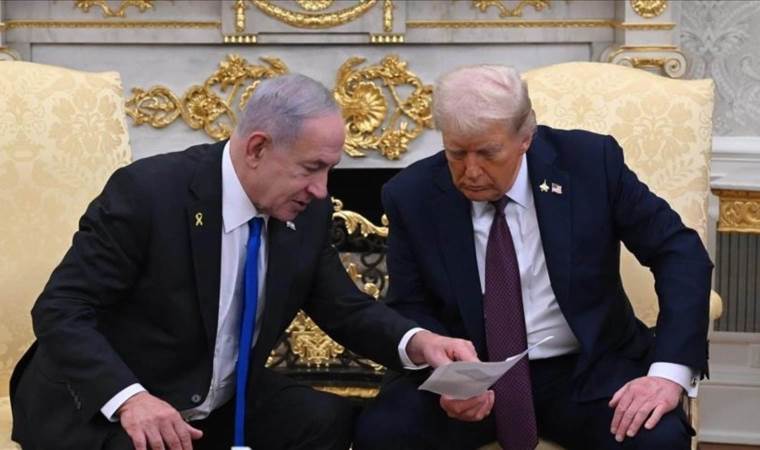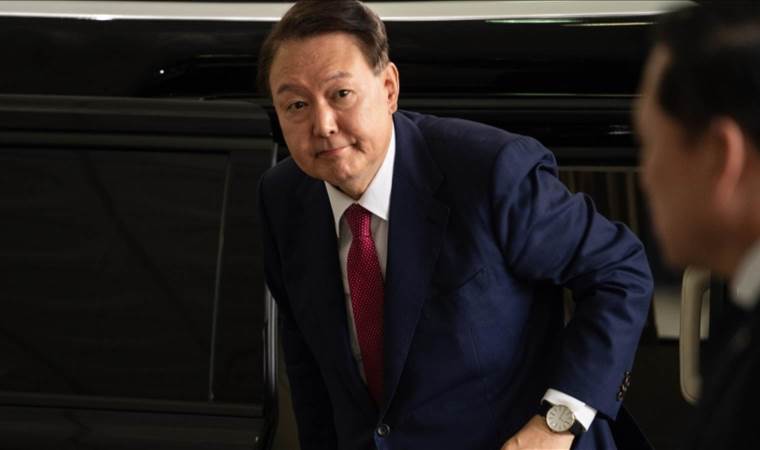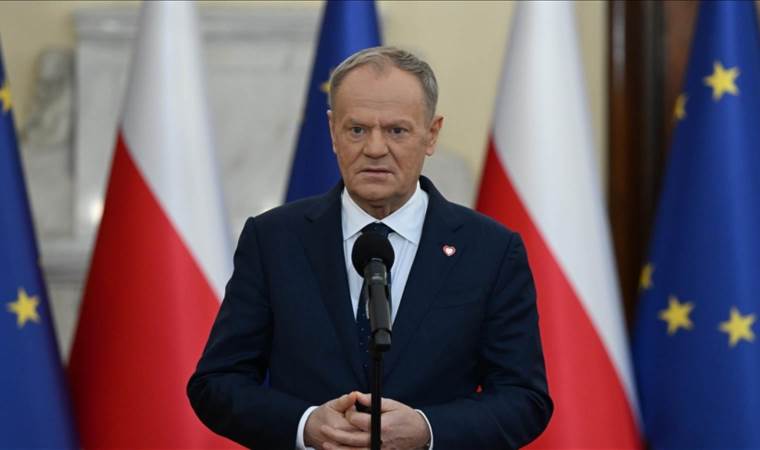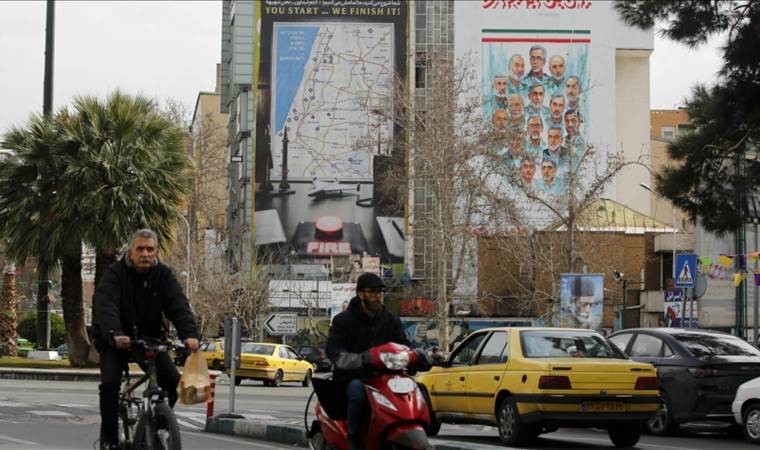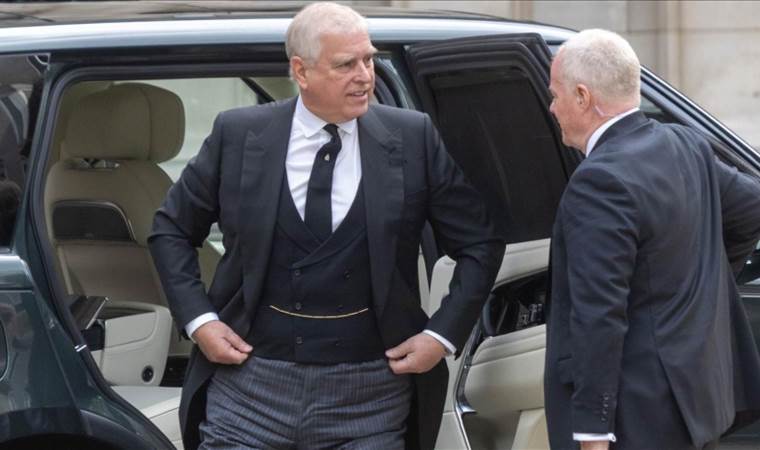Moscow Court remands 8th suspect in Concert Hall attack
A Moscow court on Tuesday remanded an eighth suspect in connection to the deadly Crocus Concert Hall attack outside the Russian capital late last week.
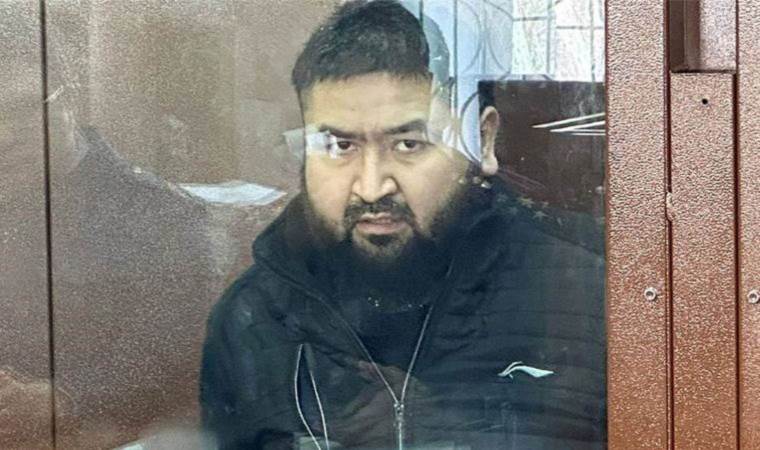
Eight suspects have now been remanded in pre-trial detention since gunmen sprayed concertgoers with bullets in the deadliest attack in Russia in two decades, days after President Vladimir Putin celebrated an election that handed him a fifth term.
Islamic State Khorusan Province has claimed responsibility and released footage from the attack. The United States and France say intelligence suggests the group was indeed behind the attack, in which 139 people were killed and 182 wounded.
Putin said on Monday the attack had been carried out by Islamic militants but also suggested that Ukraine, which is at war with Russia, may have played a role. Ukraine has denied any role.
The militants have not identified any of the attackers.
Russia has said the four suspected gunmen have confessed, but some showed signs of injuries when they appeared in court, raising concern they had been tortured.
Russia's commissioner for human rights said detention of suspects should be carried out in accordance with the law, TASS news agency reported, after videos were published showing the interrogation of the suspects. One had part of his ear cut off during questioning.
"It is absolutely unacceptable to use torture on detainees and defendants," the commissioner, Tatyana Moskalkova, was quoted as saying by TASS.
Russian authorities have said they are investigating.
SPOTLIGHT ON CENTRAL ASIA
The arrests have cast a spotlight on two mainly Muslim former Soviet republics in central Asia that have close ties with Moscow and depend on remittances from migrant labourers working in Russia.
Three Tajik sources told Reuters on Tuesday that Russian investigators were in Tajikistan questioning the families of the four suspected gunmen, saying their relatives had been brought to the capital Dushanbe from their home towns.
On Tuesday, Putin said he hoped prosecutors would do everything to ensure the attackers would be justly punished.
Kyrgyzstan-born Alisher Kasimov, remanded in custody on Tuesday, was led into the court room bent double - like the other suspects - before his handcuffs were removed. He showed no visible signs of injury.
He is accused of providing accommodation to the four Tajik men accused of carrying out the attack.
The Tajik sources said Tajik President Emomali Rakhmon was personally overseeing the Tajik part of the investigation into the Moscow attack, which he said was a "terrible and shameful event".
Russian investigators say that after firing from Kalashnikov AK-47 weapons, the attackers set fire to the building with gasoline before leaving, hitting a family with two young children as they sped out of the car park.
Earlier this month, Rakhmon said his government was alarmed by the activity of radical Islamist preachers who were "brainwashing" Tajik youths, making them susceptible to manipulation by foreign groups and intelligence agencies.
MOTIVE IS NOT CLEAR
The motive for the attack is not clear. Russia, along with the United States and Syrian forces, played a major role in defeating Islamic State in Syria.
Driven out of Syria, its fighters scattered and different branches emerged, including an Afghan branch, ISIS-Khorasan, which seeks a caliphate across Afghanistan, Pakistan, Turkmenistan, Tajikistan, Uzbekistan and Iran.
Sanaullah Ghafari, the 29-year-old leader of the Afghan branch of Islamic State, has overseen its transformation into one of the most fearsome branches of the global Islamist network, capable of operations far from its bases in the borderlands of Afghanistan.
Alexander Bortnikov, the director of Russia's FSB security service, said the number of accomplices in the attack would be larger than the 11 reported to have already been detained, and that Western intelligence services and Ukraine needed the attack to "sow panic" in Russia.
RIA news agency quoted Bortnikov as saying Ukrainian intelligence services had contributed to the attack, and that it was "known" that Ukraine had trained militants in the Middle East.
Bortnikov was also quoted as saying Russian intelligence services had reacted to the U.S. warning, but that it had been of a general nature. He suggested Western intelligence services and Ukraine had "needed" the attack, hoping it would create panic in Russian society.
Russia's prosecutor general called it a new challenge to the entire law enforcement system.
Close Putin ally Nikolai Patrushev, the secretary of Russia's Security Council, said Ukraine was "of course" behind the attack, after days of indirect suggestions from Moscow that Kyiv was to blame.
The Kremlin refused to be drawn on whether it believed there was a link between the Ukrainian leadership and Friday's attack, saying only that its investigation was ongoing.
Most Read News
-
 Three threats to the UN order
Three threats to the UN order
-
 30 countries, EU Commission call for immediate cessation
30 countries, EU Commission call for immediate cessation
-
 Emails show Israeli government managed security at Manha
Emails show Israeli government managed security at Manha
-
 US-Israel attack on Iran could last weeks, be regime-thr
US-Israel attack on Iran could last weeks, be regime-thr
-
 South Korea jails ousted President Yoon for life over ma
South Korea jails ousted President Yoon for life over ma
-
 Tusk urges Polish citizens to leave Iran immediately ami
Tusk urges Polish citizens to leave Iran immediately ami
-
 Israel on high alert as US weighs possible strike on Ira
Israel on high alert as US weighs possible strike on Ira
-
 UK's ex-Prince Andrew arrested on suspicion of misconduc
UK's ex-Prince Andrew arrested on suspicion of misconduc
